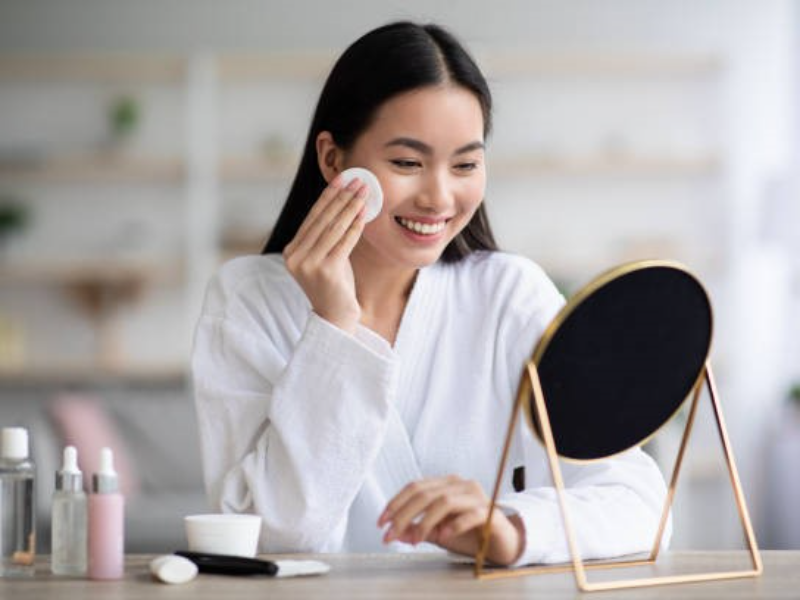- AmorePacific’s AI beauty lab, which customises face products using robots and AI technology, has become fully booked.
- The use of AI in the beauty industry, adopted by brands like L’Oréal and Sephora, is expected to more than double from $3.27 billion in 2023 to $8.1 billion by 2028.
OUR TAKE
AmorePacific’s AI beauty lab innovates cosmetics, offering hyper-personalised products with precision. This democratises bespoke beauty services, setting a trend for giants like L’Oréal and Sephora. While AI redefines beauty standards, it also raises questions about the future of makeup artistry, blending technology with personal care.
–Jasmine Zhang, BTW reporter
What happened
South Korean cosmetics giant AmorePacific‘s new AI beauty lab, where robots custom mix face products, has become fully booked. Customers like Kwon You-jin appreciate the personalised service, which uses AI to analyse skin and recommend suitable products. This technology mixes foundation to match individual skin tones perfectly. More cosmetics firms, including L’Oréal and Sephora, are embracing AI to boost sales.
AmorePacific offers 205 different foundations and 366 lip product colours, leveraging deep learning and machine learning to automate expert evaluations. Analysts highlight that AI can speed up product development and reduce variability.
The AI-driven beauty market is expected to more than double from $3.27 billion in 2023 to $8.1 billion by 2028, driven by personalised beauty recommendations, skin analysis, diagnostics, and virtual makeup artists. This trend reflects the growing importance of AI in enhancing customer experience and accelerating innovation in the beauty industry.
Also read: How AI and Machine Learning revolutionised the beauty industry
Also read: Who is Liu Yexi? China’s AI beauty blogger blends beauty, monsters and innovation
Why it’s important
AmorePacific’s AI beauty lab is a game-changer in the cosmetics industry, showcasing how technology can revolutionise personal care. This isn’t just about mixing a foundation to match your skin tone. It’s a bold step towards hyper-personalisation in beauty.
Imagine never having to guess which lipstick suits you best or if your foundation matches—AI takes the guesswork out, offering precision that human consultants simply can’t achieve consistently.
What’s fascinating is how this AI-driven approach democratises beauty, making bespoke services accessible to everyone, not just the elite. As global giants like L’Oréal and Sephora follow suit, we’re witnessing the dawn of a new era where data and machine learning redefine beauty standards.
But it also raises questions that will AI strip away the artistry of makeup? Or will it elevate it to new heights? One thing is certain—this marriage of technology and beauty is set to reshape the industry, promising a future where your perfect look is just an algorithm away.

